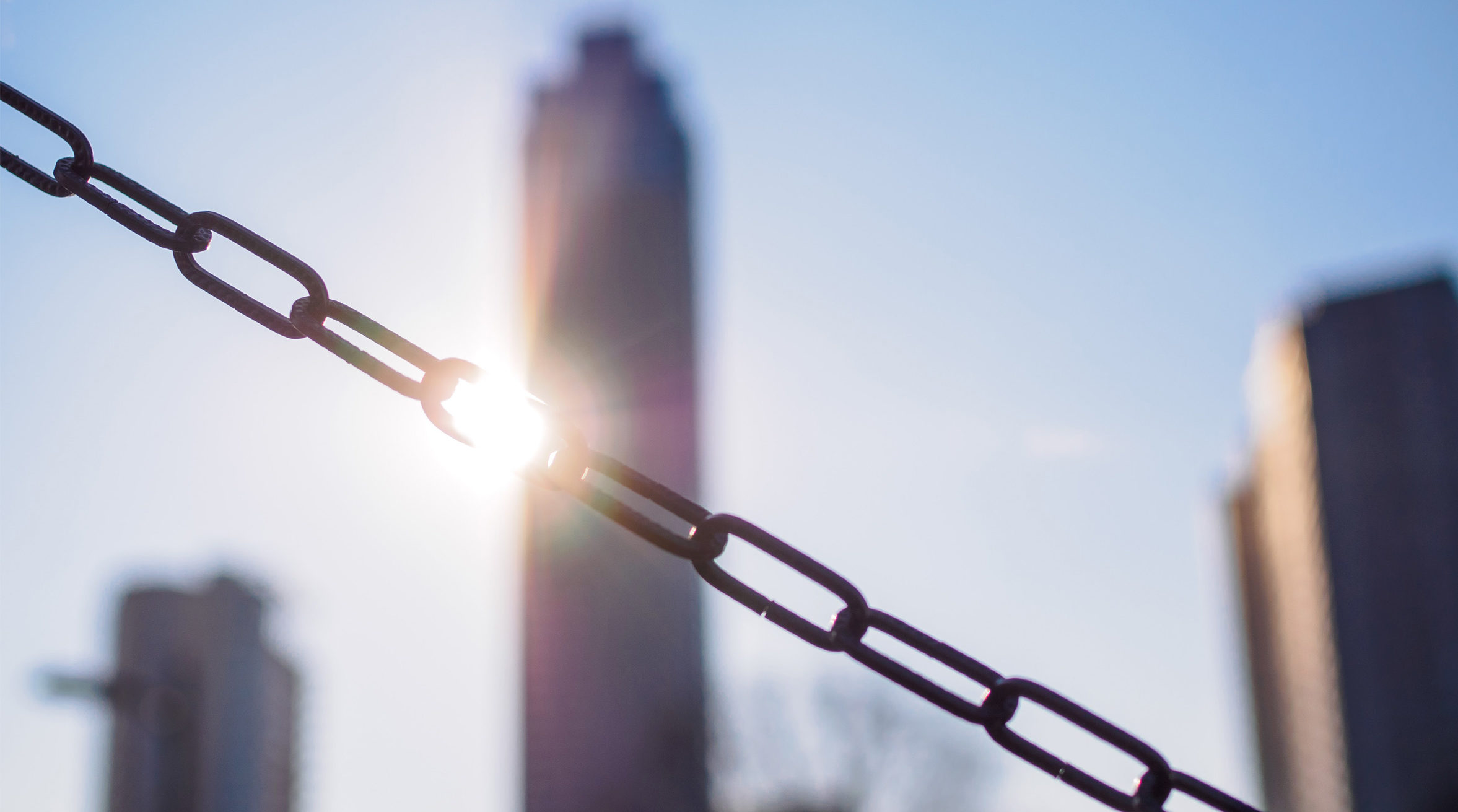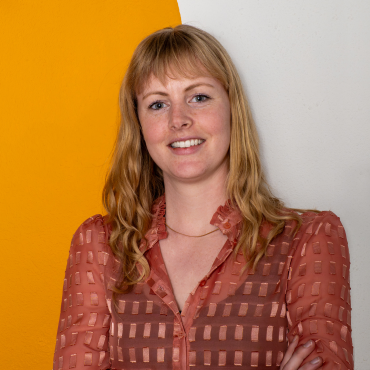No sustainability without a focus on human rights
“This is how we clear the mist”
In this series of blogs, we talk to 2BHonest specialists about topics of interest we come across in our daily work as sustainability consultants. In this article, Lydia Boonstra explains why sustainability and human rights are inextricably linked, how companies can live up to their responsibilities and how 2BHonest manages to clear up the mist surrounding this sometimes ‘far-off concept’ for its clients.

Corporate Due Diligence and the law on International Responsible Business Conduct have received a lot of attention recently. What is this all about?
Under the proposed law, companies will be required to address abuses in their supply chains. This responsibility is basically nothing new. It is — obviously — already illegal to violate human rights. In addition, the Netherlands is a signatory to the OECD Guidelines, which means that companies are already required to take an active approach to due diligence. The only difference is that sanctions will soon be attached; the voluntary component will be dropped. This is a source of concern and resistance for many companies, who fear that they could soon be dragged into court if something happens in the chain that they did not foresee.
Are these concerns legitimate?
I believe that many companies are afraid of public scrutiny. There is indeed a danger that society will lash out at any wrongdoing in your chain if something is not up to scratch. But the biggest cause for concern is that companies are often unaware of how human rights apply to them and where their responsibilities begin and end. Sometimes it sounds as if you are expected to save the whole world, but of course that is not possible. What matters is that you can demonstrate that you are doing all you can to identify and mitigate risks within your control. This creates space to prioritise issues and justify why one issue is more important to address rather than another. If a worker in your chain is living below the poverty line, it’s not necessarily your fault; it’s often due to a number of factors within a socio-economic context. As a company, you then have a responsibility to ensure that a living wage is paid, whereas you have less control over other causes. Understanding how you, as a company, are committed to human rights is therefore the first step.
“If we forget about human rights, sustainability increasingly becomes something for the elite.”
So, within its sphere of influence, how does a company take responsibility in the right way?
We can distinguish three types of involvement: causing a risk (e.g. an accident at your own workplace), contributing to a risk (e.g. an accident at your subcontractor’s workplace), and being associated with a risk (e.g. any negative impacts caused by the use of your product). Depending on the type of involvement, you must take certain measures. This is where your due diligence policy comes into play — a requirement of the OECD Guidelines and soon to be mandatory by law. First, it is important to gain insight into your chain: what actually are the biggest risks, i.e., salient issues? Next, you can look at which of these are the most important ones you need to address. After that, the idea is to communicate them and report on them transparently. An important responsibility in this process is to establish a complaints mechanism. Make sure that people are able and feel comfortable to report an issue. There is still a power imbalance between companies and victims, so sounding the alarm should be made as low-key as possible.
The attention paid to human rights still seems to be somewhat overshadowed by the transition to sustainability. Why is this?
The Paris Agreement focuses almost exclusively on climate, carbon reduction and reporting, which was dubbed ‘carbon tunnel vision’. Human rights, on the other hand, are still too often associated with NGOs. But sustainability is important for both nature *and* humans; it goes hand in hand. There’s a reason why one of the pillars of the Green Deal is a ‘just transition’, and that one of the guiding principles of the CSRD is that companies must act in accordance with the OECD. After all, how sustainable are your solar panels if you don’t know if they were produced fairly? If we forget human rights, sustainability becomes more and more something for the elite, at the expense of marginalised people like those in the production chain. I personally find it common sense that we should consider this whenever we discuss sustainability.
What tips do you have for a company that is interested in taking steps to address chain responsibility?
Get your chain involved in the conversation. Only if you are immersed and actively involved can you take appropriate action, otherwise you risk coming out of your bubble with an idea that should work in theory but turns out to be ineffective in practice. For instance, some human rights can conflict with others. The right to reasonable working hours in your well-managed workplace may unexpectedly mean that workers have to go to a second, unsafe job after hours because they don’t earn enough otherwise. So you have to talk to them: what do you need then to do that?
“What matters is that you can demonstrate that you are doing all you can to identify and mitigate risks within your control.”
How does 2BHonest help its clients where human rights are concerned?
Human rights can often feel like something worlds away. Before taking action, it is important to first relate it to something a little closer to home — work on understanding what it means for your business. That is why our first step is always about raising awareness. A client once called it ‘demystifying’: Clarifying, lifting the mist from a vague concept and translating it into practice. It is only when it becomes tangible that you can relate it to what it is that you yourself can do. We then conduct a risk scan: What should you act on first? Customers will then realise that they can already make choices in their daily work that will have an impact on making the chain better.
Want to know more about chain responsibility in your company?
Lydia is on hand to help you!

Lydia Boonstra
A proven track record in guiding organisations through strategic trajectories.
Link with Lydia
